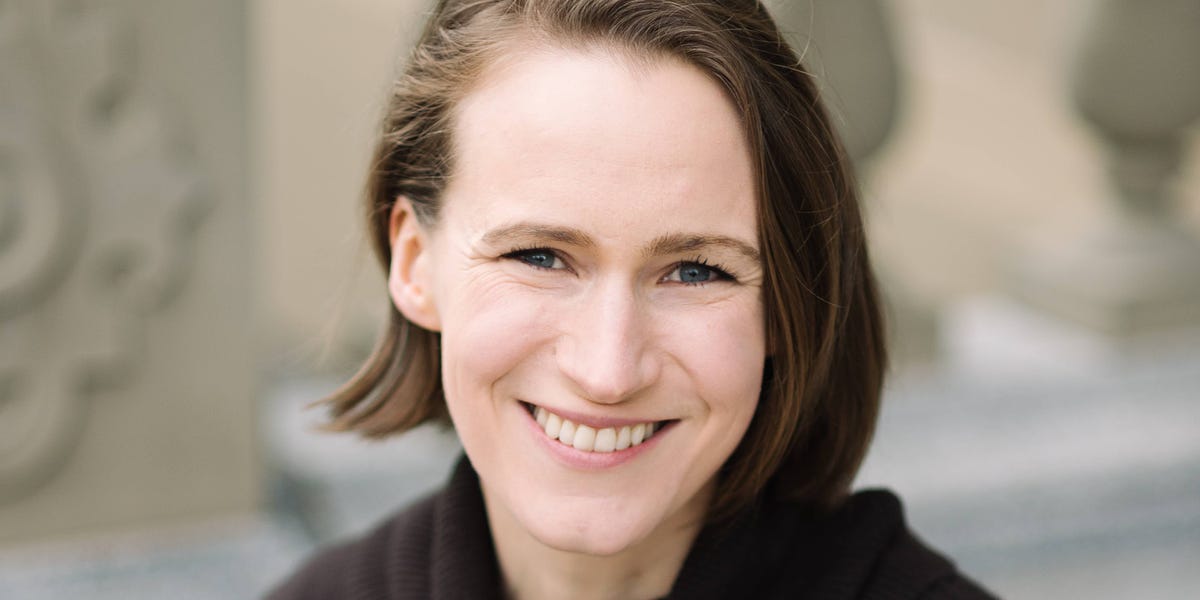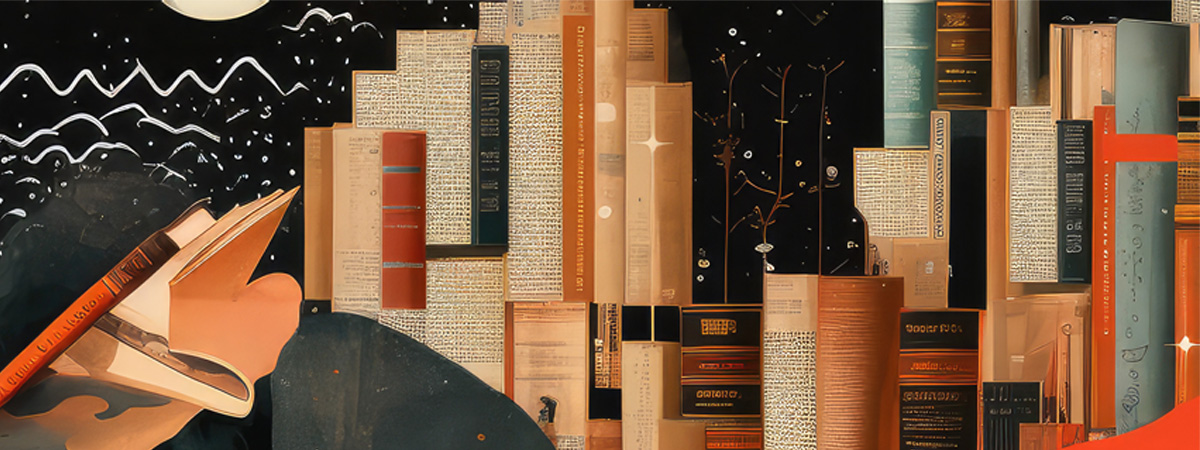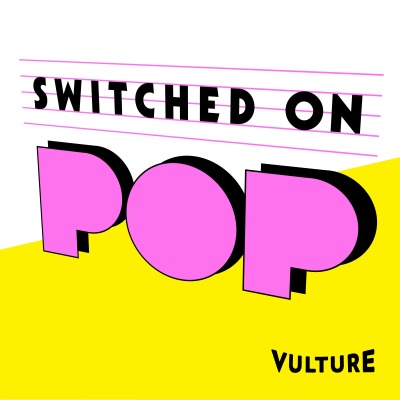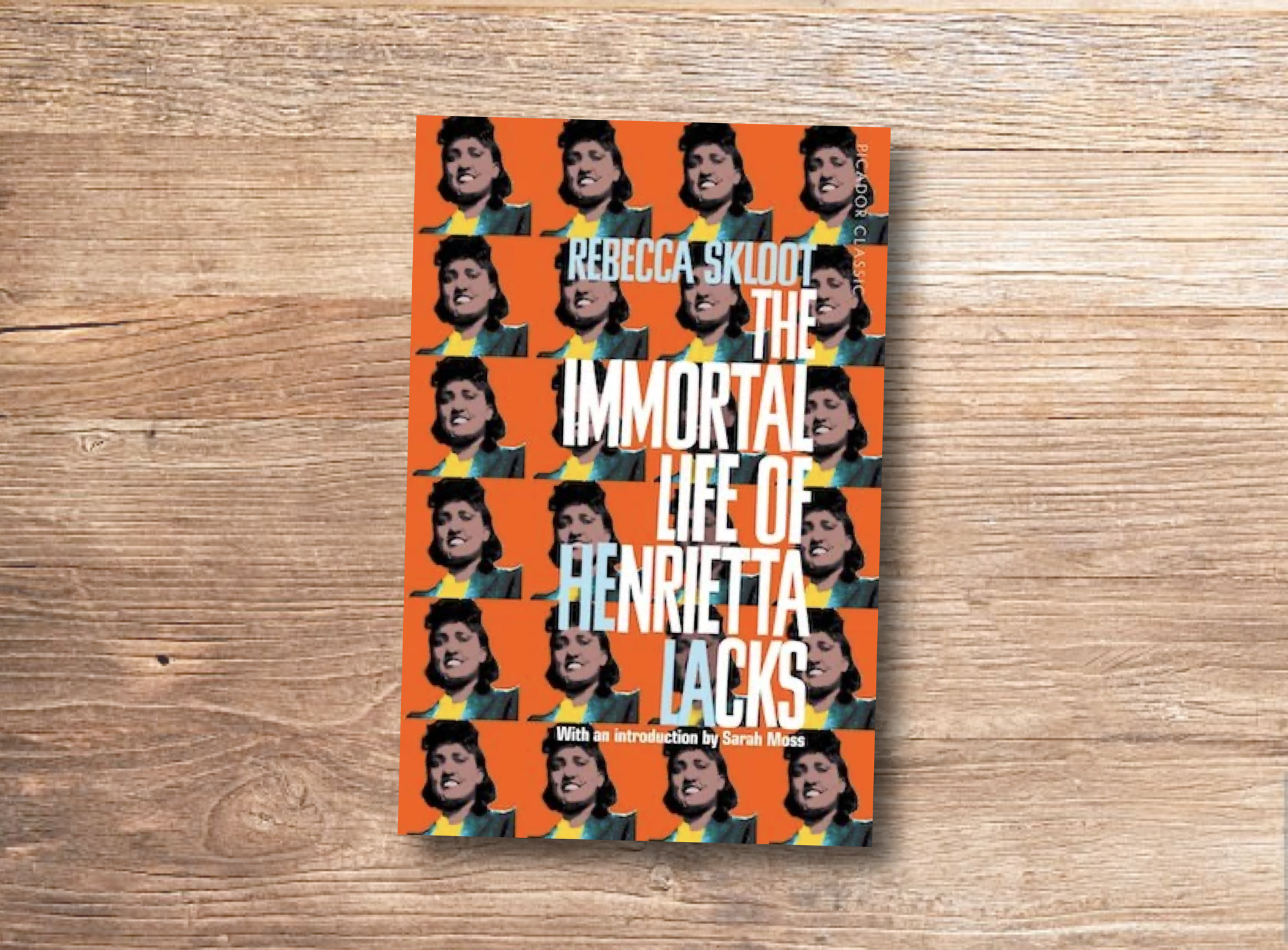Genuine, World Changing Stuff
5 recommendations, 6 instant-gratification links, and an all-new section on books (#471)
Welcome back in 2024, which also happens to be the 14th year since I started this newsletter. Thanks for sticking with me (or, for joining, it's never too late).
Before we begin, in case you missed it:
- Weekly Filet Best of 2023
- I'm launching a second newsletter. Season One starts this weekend. Don't miss it.
1. 66 Good News Stories You Didn't Hear About in 2023
By all means, a lot of terrible things happened in 2023. But what's also true: We tend to hear more about things that are going wrong. This is an excellent collection of good news. Not some silly feelgood stories to distract from tragic events. No, «genuine, world changing stuff about how millions of lives are improving, about human rights victories, diseases being eliminated». Not only do these stories deserve our attention. They are personally valuable by restoring a sense of hope.

2. 81 Things That Blew Our Minds in 2023
Dolphins have their own version of baby talk. One of Saturn’s moons likely has a habitable ocean. You have two noses, and you can control them separately via your armpits. And 78 more facts that make you appreciate the wonders of science and nature.

3. We are closing in on zero-carbon cement
Cement is responsible for 8 percent of global carbon emissions. If anything, demand for cement is going to rise as emerging economies build out their infrastructure. And unlike other sectors, it's notoriously difficult to decarbonise. I learned a ton from this conversation with the founder of a startup that has found a way to produce emissions-free cement.

4. The Ultimate Best Books of 2023 List
It doesn't get more canonical than that. 62 best books of 2023 lists, condensed into one list to rule them all, with all the books that made it onto at least 5 of those lists.

5. Too Fast? We’re Curious: The sped-up remix phenomenon
On a lighter note: Why are sped up versions of hit songs going viral on TikTok? A deep dive into a phenomenon I only realised I was aware of once I heard all the examples. From the always excellent Switched on Pop podcast.

What else?
Instant-gratification links that make you go wow! or aha! the moment you click.
- An honest alternative to lol and lmao: salts – smiled a little then stopped. (randomly found here)
- Thanks, internet: AI generated CCTV footage of police arresting people for wearing big boots.
- Clever and charming: Shadow Doodles by Vincent Bal.
- A beautiful public memorial for the victims of Covid in Torrevieja, Spain.
- The man who coined Godwin's Law has officially given us permission to compare Trump to Hitler.
- Cathedral, Mountain, Moon, perfectly aligned. A truly magical shot.
Books for curious minds: The Immortal Life of Henrietta Lacks
I like to switch things up in this section of the newsletter. I have concluded my experimental series on how artificial intelligence imagines the future. This year, I‘ll use the section to recommend books that I think any curious mind — yes, I‘m talking about y‘all — will appreciate. Some new ones as I read them, some older ones that continue to inform how I look at the world and myself.

My favourite read in 2023. I discovered it by telling ChatGPT about my favourite books and asking it to give me recommendations based on it. This one was spot on. Rebecca Skloot tells the story of Henrietta Lacks. This poor black woman, who died of cancer in 1951, has unknowingly enabled countless medical breakthroughs from the polio vaccine to in vitro fertilisation. Her cancer cells turned out to be immortal, and thus perfect for medical research. They are still used in labs all around the world, all without her ever consenting to it.
A gem from the archive
A friendly kidnapping for a unique experience: a concert for an audience of one. There’s also an episode featuring the great Bon Iver, but I found this one more intense.

This is a randomly picked gem from the archive of the Weekly Filet, going back to 2011. For manually curated time-tested treasures, have a look at my newly launched second newsletter This Aged Well.
Thanks for reading. I wish you a nice weekend and hope to see you again next Friday!
— David 👋






